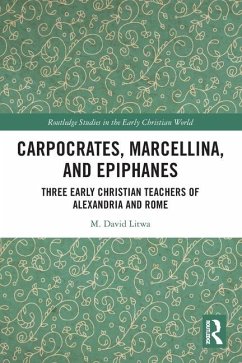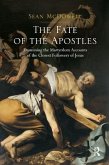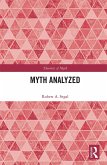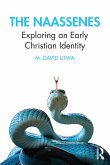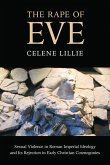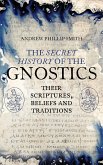This volume is the definitive study of three early Carpocratian leaders, including the first full-length study and commentary on Epiphanes' fragments. With full profiles of these figures and updated research on the Carpocratian movement, this accessible book is suitable for students and scholars of early Christian theology.
"'Carpocrates, Marcellina, and Epiphanes: three early Christian teachers of Alexandria and Rome' impressively documents the diversity of Christian schools in the 2nd century... Reconstructing the characters and their theology and thinking from heresiological treatises written many years after the events is a difficult matter. I would at least argue that various interpretations are possible - Litwa has presented a quite convincing one." - Bryn Mawr Classical Review
"'Carpocrates, Marcellina, and Epiphanes: three early Christian teachers of Alexandria and Rome' impressively documents the diversity of Christian schools in the 2nd century... Reconstructing the characters and their theology and thinking from heresiological treatises written many years after the events is a difficult matter. I would at least argue that various interpretations are possible - Litwa has presented a quite convincing one." - Bryn Mawr Classical Review

